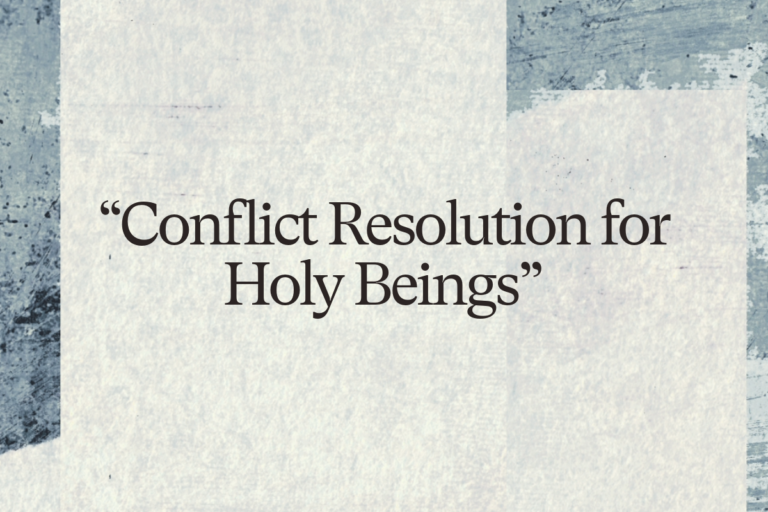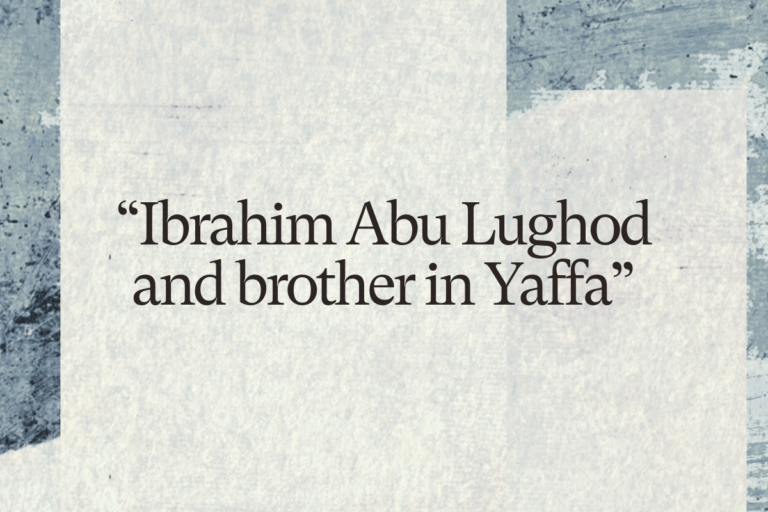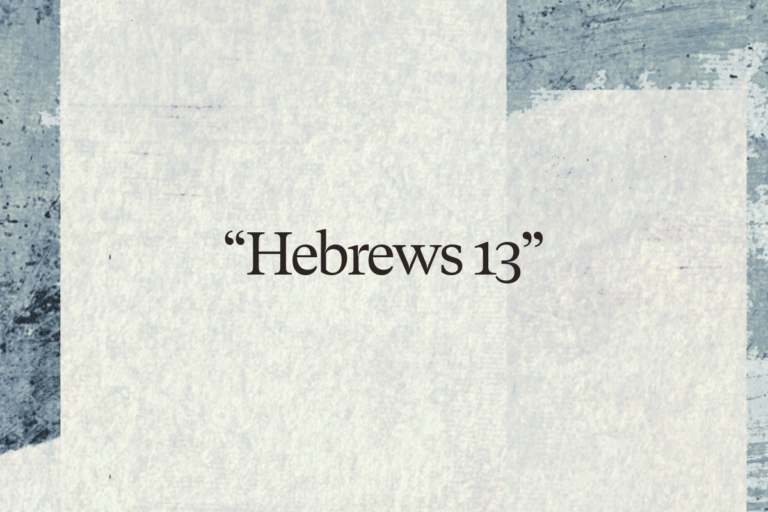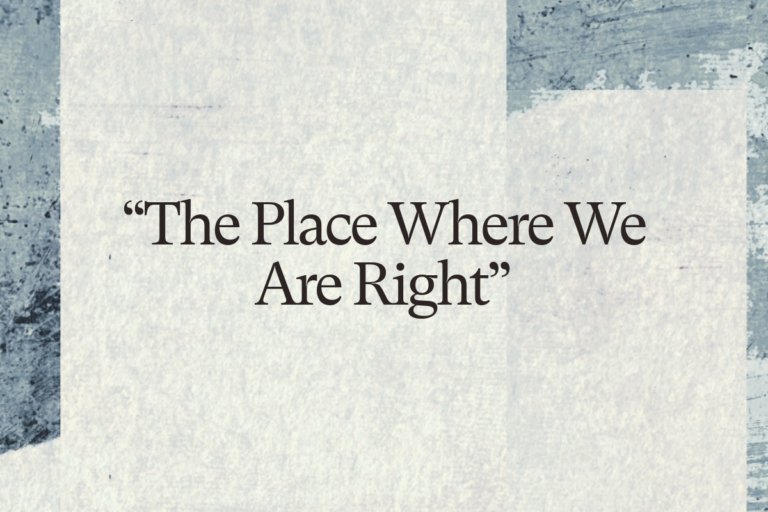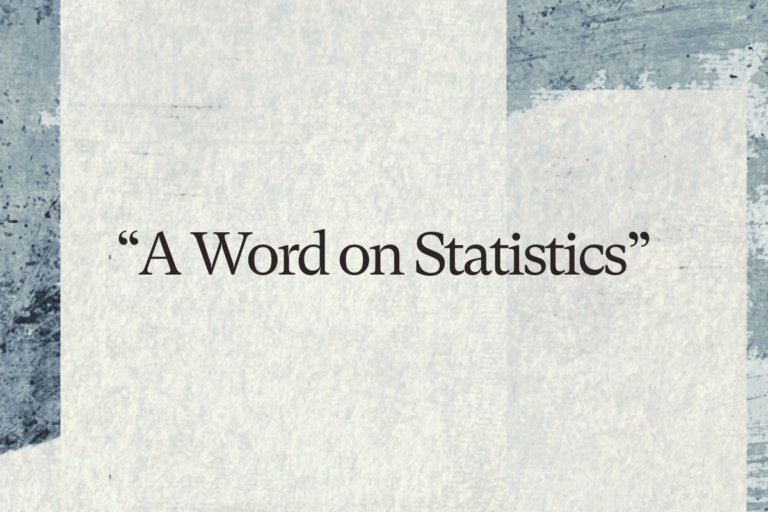
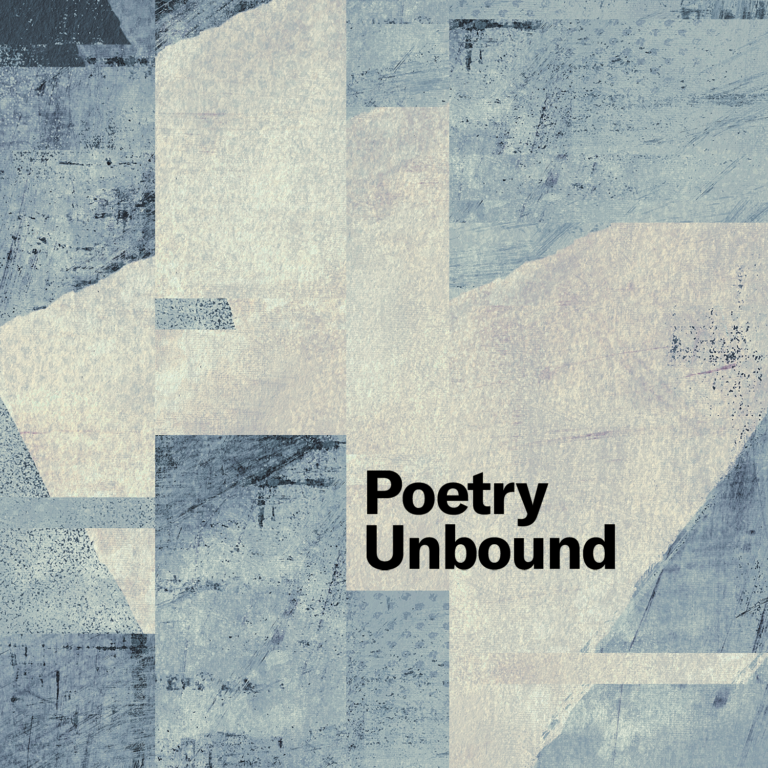
Conflict and the Human Condition
A special Poetry Unbound mini-season featuring poems as teachers — with wisdom, protest, assertion, curiosity, understanding, refusal, strangeness, dreams, declaration, and admission.

Host Pádraig Ó Tuama gives an overview of this Poetry Unbound mini season that’s devoted to poems with wisdom to offer about conflict and humanity. He also brings us Wisława Szymborska’s “A Word on Statistics,” translated by Joanna Trzeciak, which covers statistics of the most human kind — like the number of people in a group of 100 who think they know better, who can admire without envy, or who could do terrible things. Listen, and ask yourself: Which categories do I belong to? Which do I believe?
This is the introductory episode of “Poems as Teachers,” a special seven-part miniseries on conflict and the human condition.
We’re pleased to offer Wisława Szymborska’s poem, and invite you to read Pádraig’s weekly Poetry Unbound Substack, read the Poetry Unbound book, or listen back to all our episodes.
As appealing as it may sound, is it really possible to live in a world completely free of conflict? No. And since differences and disagreements are inevitable and natural, Joy Harjo gives ground rules in “Conflict Resolution for Holy Beings.” Her call to us echoes across time and space — a call to listen, to humility, to justice, and to recognizing the land, the living, the dead, the not-yet-living.
This is the second episode of “Poems as Teachers,” a special seven-part miniseries on conflict and the human condition.
We’re pleased to offer two sections of Joy Harjo’s longer poem, and invite you to read Pádraig’s weekly Poetry Unbound Substack, read the Poetry Unbound book, or listen back to all our episodes.
We ask questions to find out the facts, but what if you can’t trust the answers, the questions, or the person who’s asking the questions? In Constantine P. Cavafy’s “Waiting for the Barbarians,” translated by Evan Jones, leaders exercise a sinister kind of violence — they’ve taken over people’s imaginations with showy displays of wealth and privilege, time-wasting ceremony, and fear coursing beneath it all.
This is the third episode of “Poems as Teachers,” a special seven-part miniseries on conflict and the human condition.
We’re pleased to offer Constantine P. Cavafy’s poem, and invite you to read Pádraig’s weekly Poetry Unbound Substack, read the Poetry Unbound book, or listen back to all our episodes.
In Mosab Abu Toha’s “Ibrahim Abu Lughod and brother in Yaffa,” two barefoot siblings on a beach sketch out a map of their former home in the sand and argue about what went where. Their longing for return to a place of hospitality, family, memory, friends, and even strangers is alive and tender to the touch.
This is the fourth episode of “Poems as Teachers,” a special seven-part miniseries on conflict and the human condition.
We’re pleased to offer Mosab Abu Toha’s poem, and invite you to read Pádraig’s weekly Poetry Unbound Substack, read the Poetry Unbound book, or listen back to all our episodes.
In “Hebrews 13” by Jericho Brown, a narrator says: “my lover and my brother both knocked at my door.” The heat is turned on, scalding coffee is offered and hastily swallowed, and silence is the soundtrack. What an exquisitely awkward triangle it is, and what a human, beautiful, and loving shape that can be.
This is the fifth episode of “Poems as Teachers,” a special seven-part miniseries on conflict and the human condition.
We’re pleased to offer Jericho Brown’s poem, and invite you to read Pádraig’s weekly Poetry Unbound Substack, read the Poetry Unbound book, or listen back to all our episodes.
Being right may feel good, but what human price do we pay for this feeling of rightness? Yehuda Amichai’s poem “The Place Where We Are Right,” translated by Stephen Mitchell, asks us to answer this question, consider how doubt and love might expand and enrich our perspective, and reflect upon the buried and not-so-buried ruins of past conflicts, arguments, and wounds that still call for our attention.
This is the sixth episode of “Poems as Teachers,” a special seven-part miniseries on conflict and the human condition.
We’re pleased to offer Yehuda’s poem, and invite you to read Pádraig’s weekly Poetry Unbound Substack, read the Poetry Unbound book, or listen back to all our episodes.
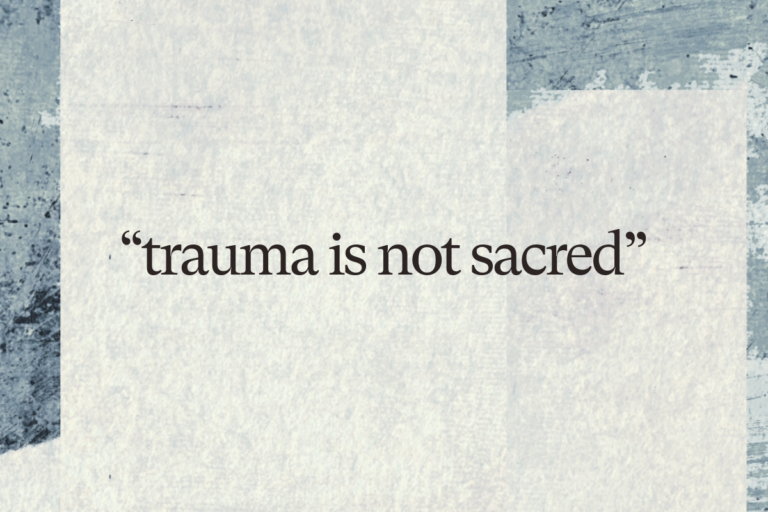
In this concluding episode of “Poems as Teachers,” our special miniseries on conflict and the human condition, host Pádraig Ó Tuama says the poems discussed in this offering are a different kind of teacher: “not as teachers that give us rules to follow — more so teachers that share something of their own intuition.” And for a final reflection, he offers Kai Cheng Thom’s “trauma is not sacred,” which speaks directly, fiercely, and lovingly to the pain, scars, and violence that we humans carry and inflict upon one another.
This is the final episode of “Poems as Teachers,” a special seven-part miniseries on conflict and the human condition.
We’re pleased to offer Kai’s poem, and invite you to read Pádraig’s weekly Poetry Unbound Substack, read the Poetry Unbound book, or listen back to all our episodes.
Search results for “”
View
- List View
- Standard View
- Grid View
Filters
